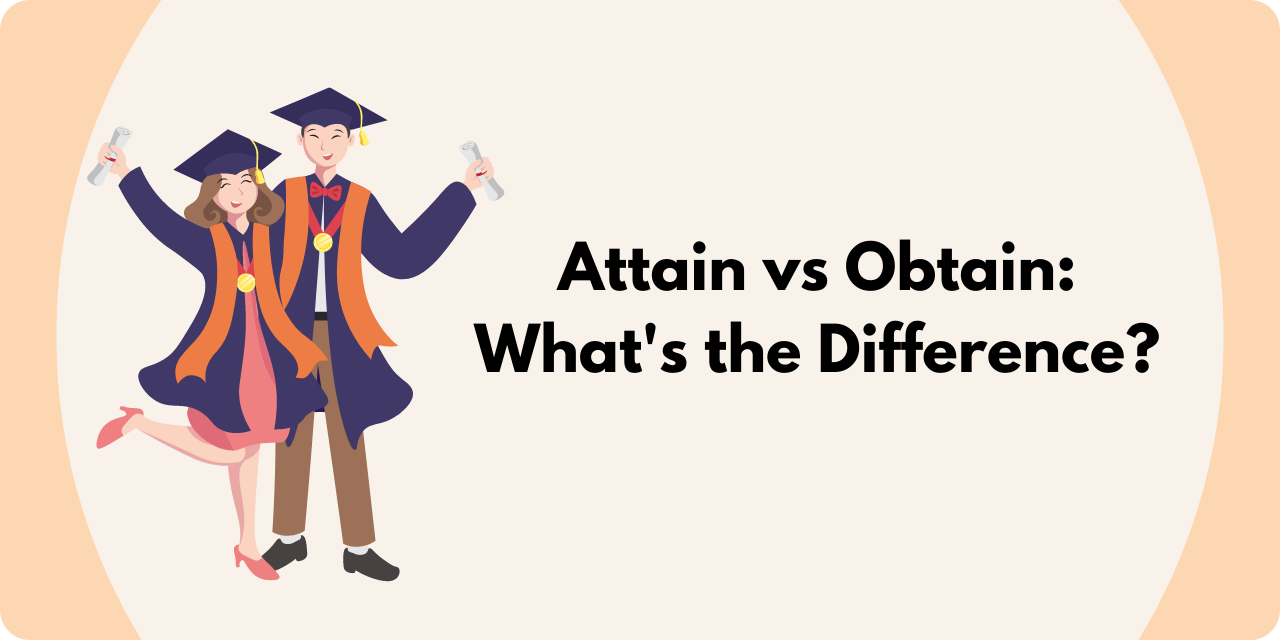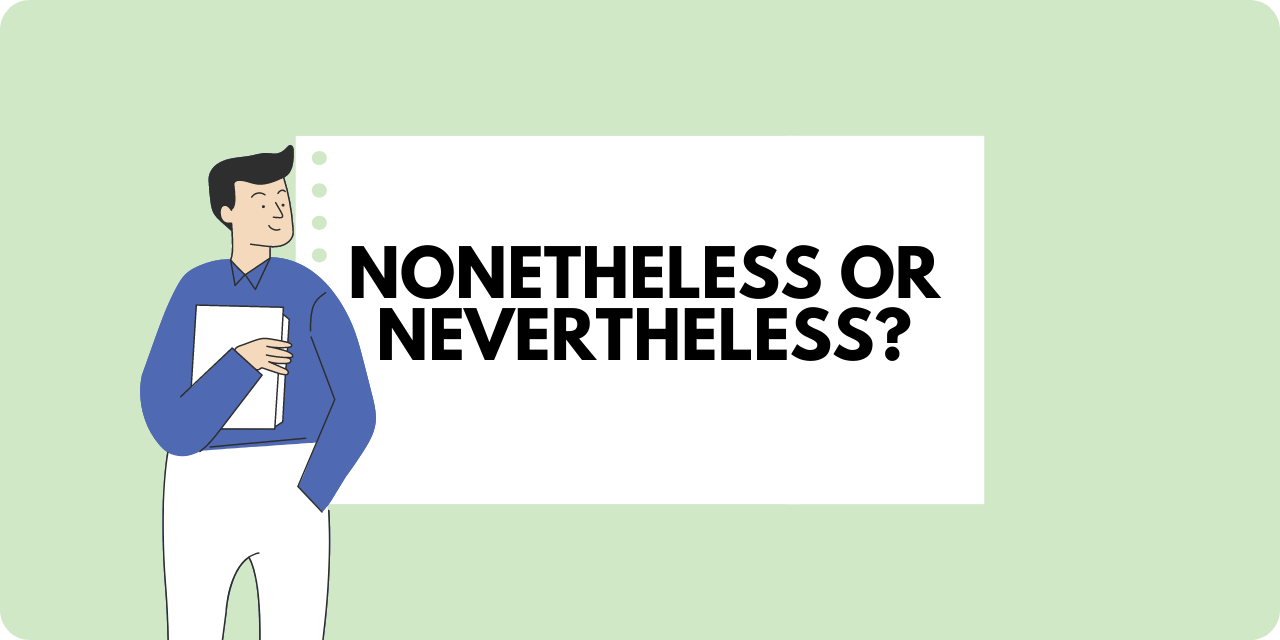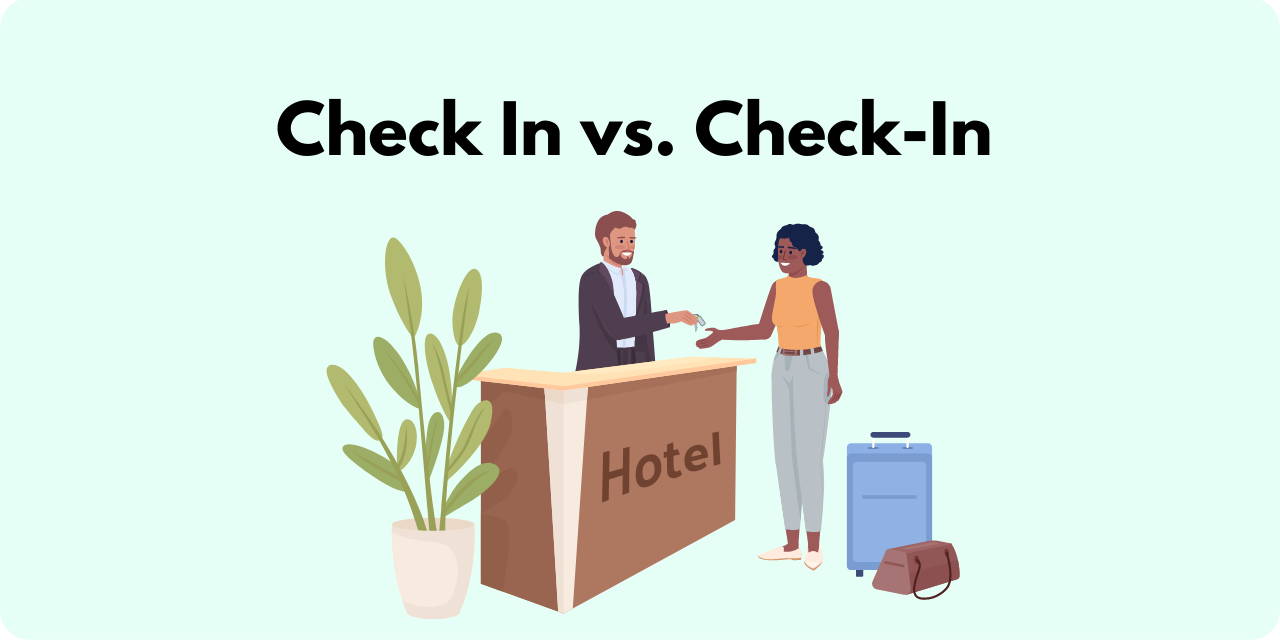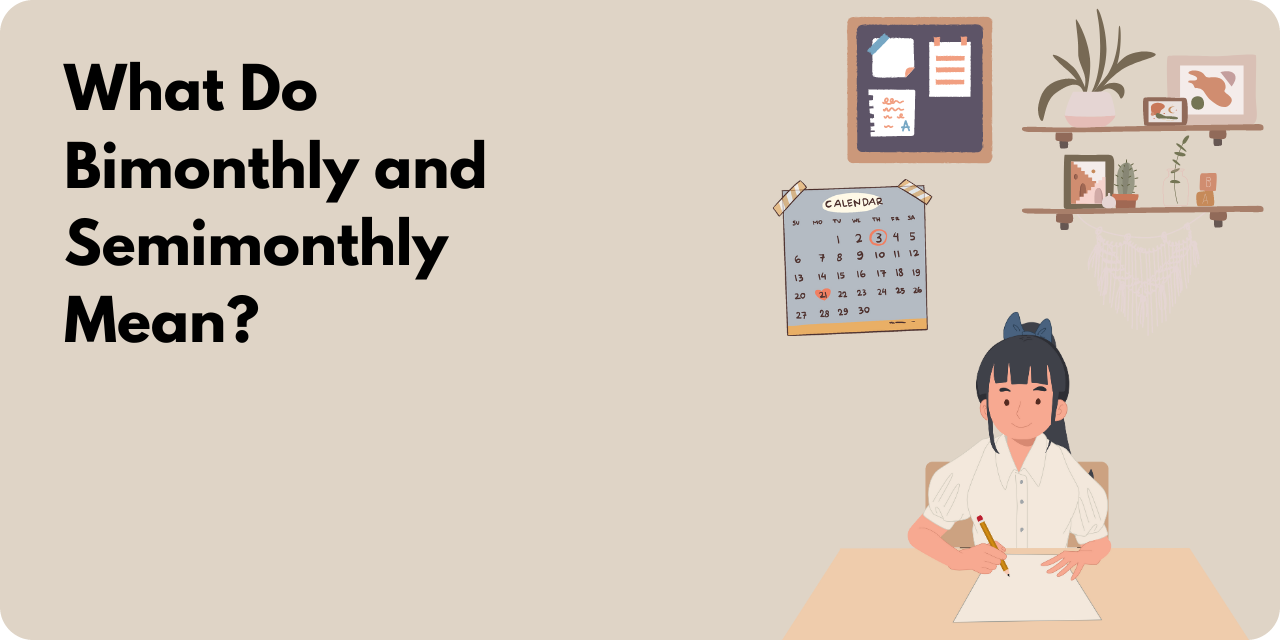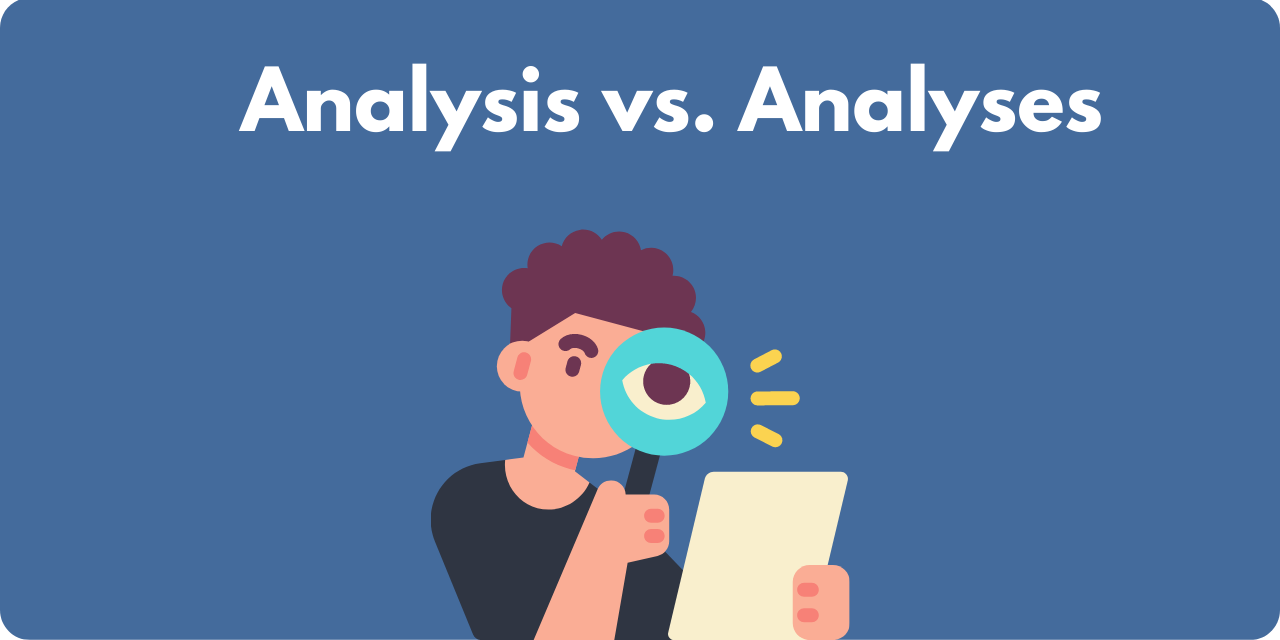The English language contains many homophones that can be confusing for both native and non-native speakers. While speakers typically move right past homophones, many writers are left unsure of which word to use. One example of a confusing set of homophones is “passed” and “past.” Although these words sound identical when spoken aloud, they have different definitions and functions.
What’s the Difference Between Passed and Past?
This article will go over the meanings of the words as well as their functions in a sentence. It’ll also cover how to tell them apart, and we’ll even include a few tips to remember which is which. After reading through this article, you’ll never need to question which one to use when.
When to Use Passed
What does passed mean? “Passed” comes from the verb “to pass,” which means “to move on or ahead; proceed. It is the past participle of the infinitive “to pass,” and it can be used as a transitive or intransitive verb. Here are a few examples:
- The truck passed me in the left lane.
- I passed by her in the crowd without even seeing her.
Here are the tenses for the verb “to pass.”
- Present tense: I pass
- Past tense: I passed
- Past tense: I have passed
- Future tense: I will pass
When you see the verb “to pass,” it generally implies some sort of movement. It can lead to confusion because it often has the meaning “to move past.” For instance:
- The deer passed by the hunter without even seeing him.
You will sometimes see people write this incorrectly, like the example below:
- The deer past by the hunter without even seeing him.
Here, the word “passed,” which is a verb, has been confused with the noun or adverb “past.” When you look at the second sentence, you’ll see that there’s no verb for the subject deer because past isn’t a verb. One way to tell which word to choose in sentences like the ones above is to rewrite them in the present tense. For example, here is how you would rewrite the sentences above:
- The deer passes by the hunter without even seeing him.
- The deer is passing by the hunter without even seeing him.
You could also write the following sentence:
- The deer walked past the hunter without even seeing him.
In the sentence above, “past” is being used correctly. The verb is “walked,” and “past” acts as an adverb.
A helpful rule to remember when dealing with sentences like this is that if a verb that indicates motion is already present in the sentence, it should be coupled with “past” rather than “passed.” For instance,
- She sailed past us.
- They flew past us.
- It blew past us.
- She skipped past us.
Tricky Uses
Past is usually associated with some type of physical movement.
- The deer passed the hunter.
In the sentence above, we’re talking about the deer moving from one location to another; thus, we’ve used the phrase “passed the hunter.”
However, “passed” doesn’t always involve literal movement. It can also refer to changes from one condition or state to another. For instance:
- The stadium has passed from private to public ownership.
Here, the stadium has not changed locations. It’s still in the same location it’s always been, but now it’s publicly owned. It changed from private to public.
There are a few other common examples of condition or state changes when using “passed.”
- Time passed.
- She passed away.
When to Use Past
What does past mean? Unlike “passed,” “past” has multiple functions. It can work as a noun, adverb, adjective, and proposition. Most of its meanings involve time.
… as an Adjective
When used as an adjective, “past” shows that some time has passed. For example:
- Barack Obama is a past president.
- The past six months were particularly challenging.
… as a Noun
When used as a noun, past means the time that came before the present. This differs from the adjective because the adjective form speaks of a time before the present. Meanwhile, the noun form is literally the time before the present. For instance:
- The incoming CEO has a distinguished past as a lawyer.
- In the past, I had issues with my time management.
- Washington, D.C., has many monuments of important figures from the past.
… as an Adverb
When used as an adverb, past means “so as to pass by or go beyond.”
- They drove past us in their car.
- The track star ran past the finish line.
… as a Preposition
When used as a preposition, past means “beyond in position” or “further than.” For example,
- My school is past the stop sign.
- The time is half-past three.
Remember the Difference
So, what is the best way to remember the differences between the two? The key is to note that “passed” usually has to do with movement, while “past” has to do with time. Think of it like this: “Passed” is a longer word than “past,” and “movement” is a longer word than “time.” Hopefully with these links hints, you will never confuse these pesky two words again.
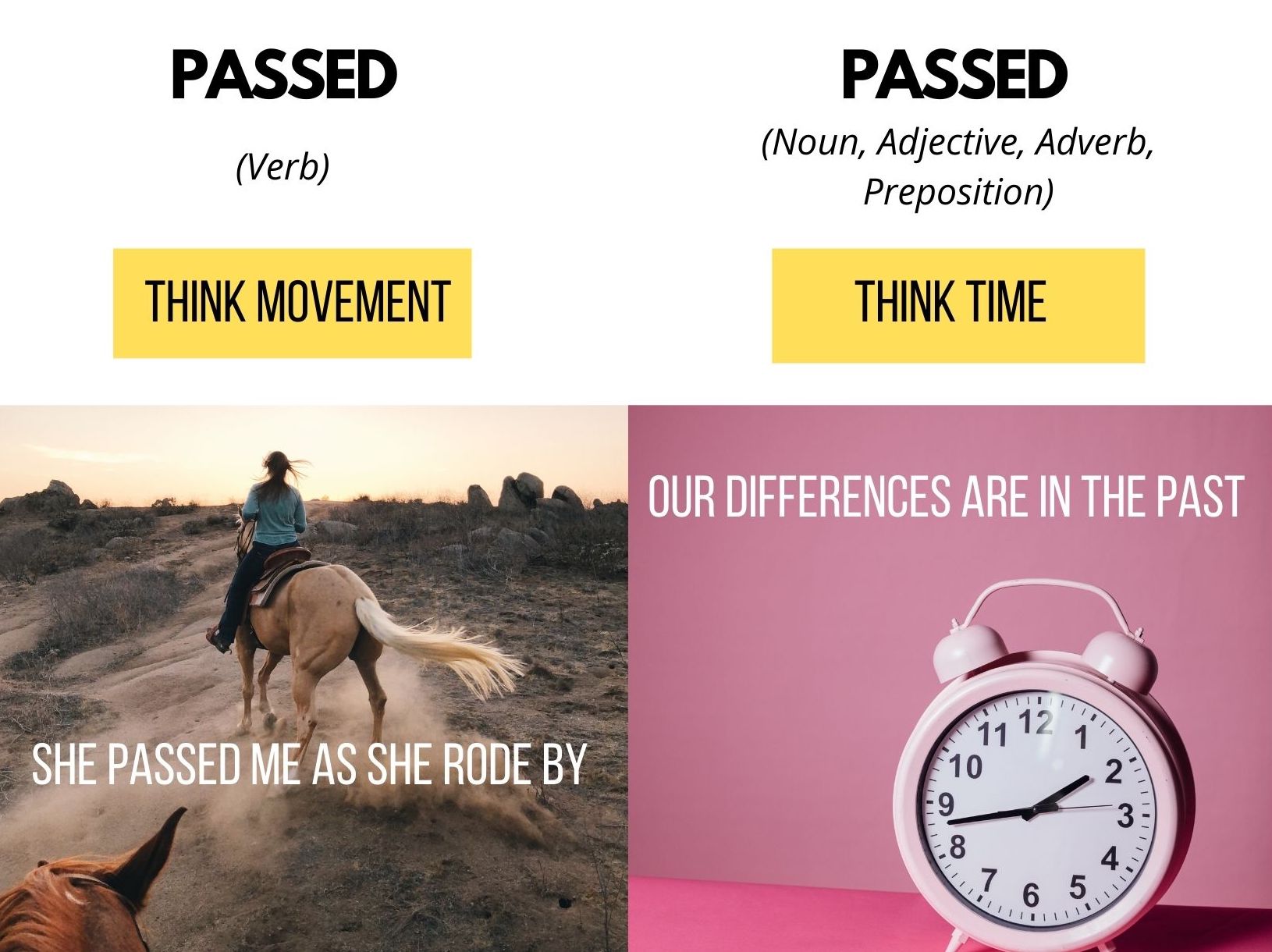 Summary
Summary
The two words differ in their meanings and functions, so it’s essential to keep them separate in your writing.
Passed is the past participle of the infinitive verb “to pass.” It is used to talk about movement.
Past is a noun, adjective, adverb, and preposition. It is used to talk about time.
Other homophones
We love homophones on this site, and have dedicated a large array of articles to them. Its one of those things where you yourself don’t realise that you are not sure about the correct spelling until you pause your typing, scratching your head on what is the correct spelling. Here are a few of our favorites: weather vs. whether, whose vs. who’s, compliment vs. complement.
—
Want to sharpen your business writing skills? Discover our acclaimed online courses.

